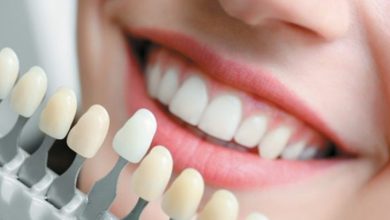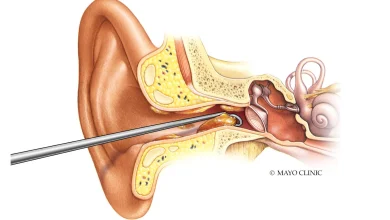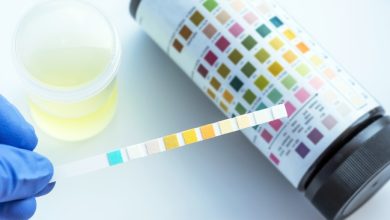Different Treatment Approaches Offered at Addiction Recovery Centers and How They Work

The path of addiction recovery is different for each person and will depend on various factors. While some people will be able to recover from their addiction by going through detox and therapy alone, others may need additional help in counseling or medication.
Addictions are often linked to underlying mental health disorders, and mental health treatment can play a critical role in managing these conditions while also promoting recovery.
Here is a look at five different treatment approaches you can expect at an addiction recovery center.
Table of Contents
Brief Intervention
Brief intervention is one of the most common treatment approaches used at addiction recovery centers. The goal of brief intervention is to help the patient acknowledge their addiction and recognize the negative effect on their life. This is done in an outpatient setting, and it can be very effective for patients who are still in the early stages of addiction.
Cognitive Behavioral Therapy
This approach focuses on changing self-destructive patterns that lead to drug abuse. Patients identify the triggers that cause them to use drugs and learn how to modify their behavior and positively cope with those triggers.
Motivational Interviewing (MI)
This type of therapy aims to help the person identify their internal motivation for change and then build on it to implement positive changes in their life. This type of therapy is best for patients who are ambivalent about making changes in their lives or don’t believe they have a problem with alcohol use.
The therapist helps the person develop insight into the negative aspects of their drinking patterns and build confidence in their ability to make the right changes.
The 12-Step Program
This is probably the most well-known approach to addiction recovery. It is based on the principles laid out in Alcoholics Anonymous, though it can be adapted to other types of addiction as well. The principles combine spirituality and self-help, which are pretty effective for some people.
Matrix Model
The Matrix Model is a comprehensive approach that incorporates several different forms of therapy, including individual, group, and family counseling, education about addiction and recovery, drug testing, and relapse prevention techniques.
Rational Emotive Behavioral Therapy
This approach teaches patients how to identify negative thoughts and behaviors and replace them with positive ones. The goal is to help patients healthily manage their problems without resorting to drugs or alcohol.
Relapse Prevention
During this type of treatment, patients learn how to recognize triggers that could lead to relapse and develop coping strategies they can use in such situations. They also learn to identify early warning signs that they may be getting close to relapse to take steps to prevent it from happening.
Aftercare Programs
People who have had a severe addiction might find it difficult to integrate back into society. They may experience systemic challenges such as getting employed to finding a perfect house to stay in. These hurdles might even compel them back into drug addiction.
The good news is drug addiction treatment does not end once the patient has been discharged. Some centers provide aftercare treatment where the relevant staff does constant checkups on the patients to help them make sure they live a drug-free, less stressful life.
The Final Word
There is a wide range of treatment options available to people suffering from addiction. There are many ways to break the cycle of drug and alcohol abuse, from medication-assisted detox to inpatient, group, and individual counseling. Choosing an addiction recovery center with different treatment approaches that work for you will help pave a lifetime of sobriety.




